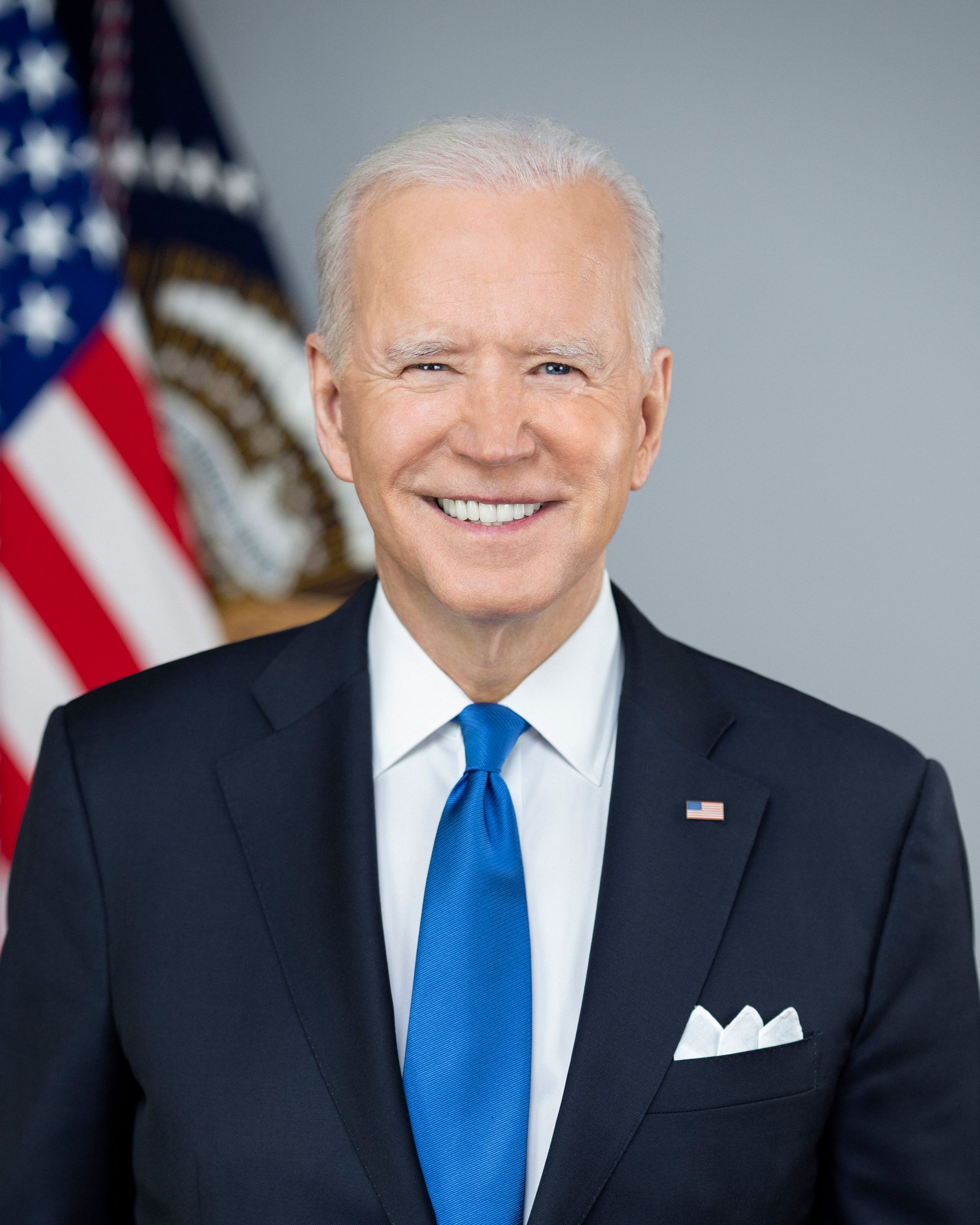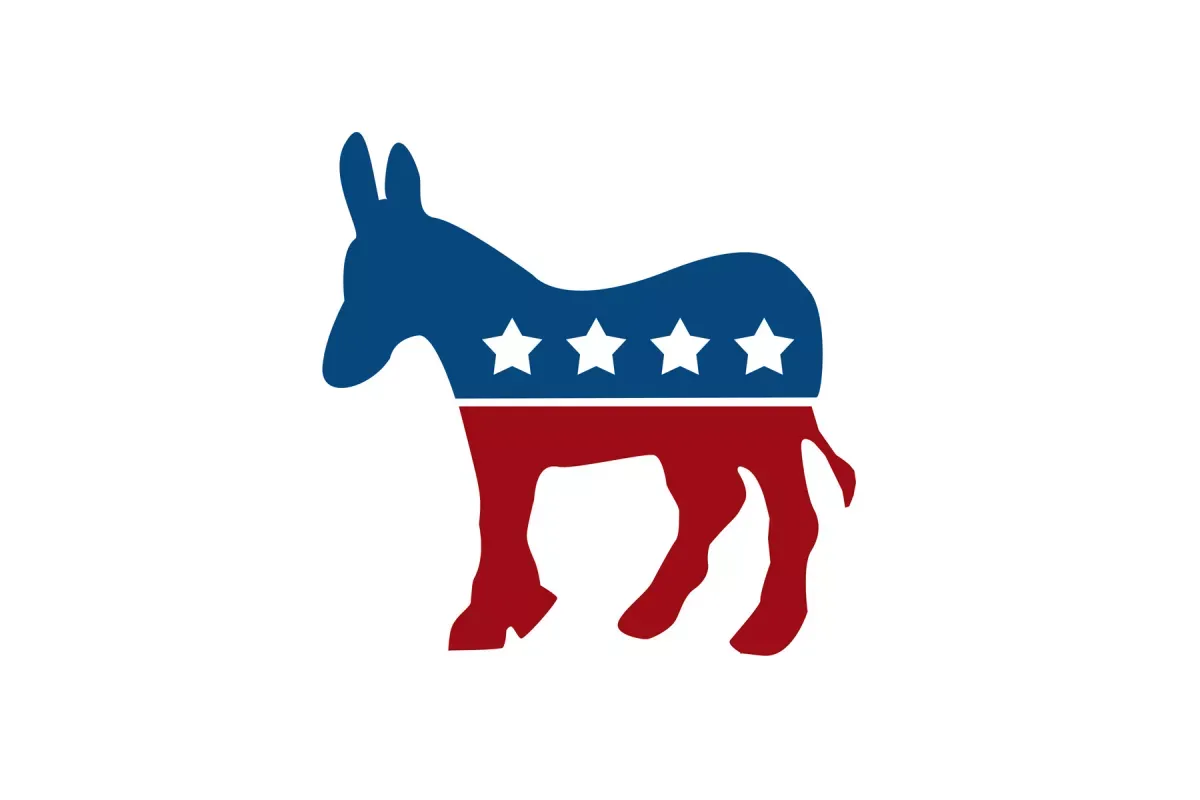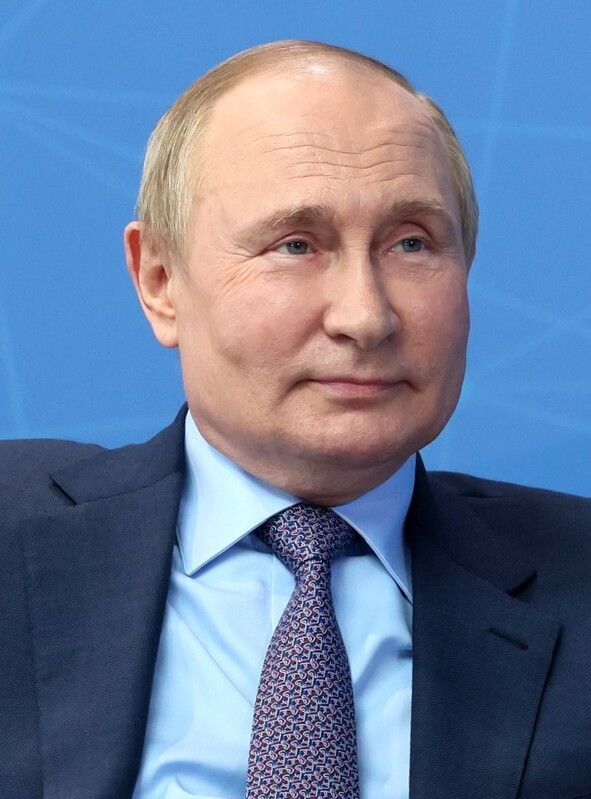In 1960, a combat vet ran for president, attacking his opponent for being weak on national defense. “We are losing the satellite missile race with the Soviet Union because of complacent miscalculations, penny-pinching budget cutbacks, incredibly confused mismanagement, and wasteful rivalries and jealousies."
That was John F. Kennedy running to the right of VP Richard Nixon on national defense. It was a continuation of a definitional theme Kennedy had used in his 1958 re-election campaign, asserting he was the strongest foreign policy candidate. In their October 27, 1960 debate, Kennedy excoriated Nixon for being weak on communism:
“I have seen Cuba go to the Communists. I have seen Communist influence and Castro influence rise in Latin America. I have seen us ignore Africa... I believe that the world is changing fast. And I don’t think this Administration has shown the foresight, has shown the knowledge, has been identified with the great fight which these people are waging to be free, to get a better standard of living, to live better.”
Nixon’s response framed Kennedy as a reckless warmonger:
“I think that Senator Kennedy’s policies and recommendations for the handling of the Castro regime are probably the most dangers- dangerously irresponsible recommendations that he’s made during the course of this campaign. In effect, what Senator Kennedy recommends is that the United States government should give help to the exiles and to those within Cuba who oppose the Castro regime – provided they are anti-Batista.”
This, of course, was an accurate description and one that proved tragically prophetic with the Bay of Pigs disaster. The dynamic of a Democrat being the “stronger” candidate on national defense and foreign policy slowly evaporated over the next decade as the Vietnam War became the defining event in our national politics. But even while the Democratic party became the anti-war party, there was still an element led by Democratic Senator Scoop Jackson of Washington that saw the Soviet Union as an existential threat to the West and the Cold War as a stark battle between good and evil. Ronald Reagan’s famously anti-Communist Ambassador to the UN, Jeanne Kirkpatrick, was still a Democrat while serving at the UN.
Any chance that the Democratic party might at least compete with the Republican Party in what pollsters would define as “the party of strength” ended when Iranians seized the American Embassy in Tehran in 1979 and has remained so through the post-9/11 wars in Iraq and Afghanistan. But today, Democrats have a chance to alter that perception with potentially profound political consequences.
Russia’s war against Ukraine is an active genocide in Europe and poses the greatest threat to Western democracy since the end of the Second World War. A Russian victory would destabilize the Pax Americana that has made the last 75 years the safest, most prosperous era in European history. It would embolden China and greatly enhance the odds of China invading Taiwan. These are real and present dangers to America’s prosperity and role as leader of the free world.
Every US intelligence agency and the Republican-led Senate Intelligence Committee agree that Russia helped Donald Trump win in 2016. In what must be the greatest foreign intelligence coup in modern history, the Republican party has morphed from the leading antagonist of the Soviet Union and Russia to the home of the pro-Putin faction of American politics. The second most powerful member of the Republican House caucus, Congresswoman Marjorie Taylor Greene, is to the left of Senator Bernie Sanders on Russia, as is Ohio Senator J.D. Vance.
The Democratic Party needs to recognize this is a once-in-a-generation opportunity to redefine American politics. They are again positioned as the party exhibiting foreign policy strength versus the Republicans’ weakness. A Democrat in the White House is leading the Western response to save democracy in Europe’s largest country. As the world watches Biden stand up to Putin, the pro-Putin element in American politics resides within the Republican party. This moment has the potential to have an impact on American politics for decades. But for that to happen, Democrats need to drive home the message that Putin’s Russia is a threat to America.
It shouldn’t be difficult.
The connection between Russia’s dual ambitions to end democracy in Ukraine and the United States is not theoretical. The head of Putin’s private army of murderers and rapists known as the Wagner group, Yevgeny Prigozhin, has admitted that he helped attack American elections and continues to do so. “Gentlemen, we interfered, we are interfering, and we will interfere,” Prigozhin, said in a written statement. “Carefully, precisely, surgically, and the way we do it, the way we can.” He is under US indictment for his role in the Russian intelligence agency attacks on our elections in 2016. In Ukraine, Prigozhin assaults democracy with a medieval level of barbarism. In the US, he utilizes the social media tools of an open society. Both aim to extend Russia’s power and prove democracy is a failed experiment.
There are, of course, Republicans who support Ukraine and back President Biden’s efforts to arm the Ukrainians. But as long as they not only tolerate the pro-Putin element of their party but reward it, as Kevin McCarthy did when he cut a deal to share the Speakership with Marjorie Taylor Greene, the Republican party is Putin’s party. That is the message every Democrat should use as a hammer to bludgeon the fake veneer of Republican “patriotism.” Russia has joined the Republican party.
It's not just about Ukraine. Vladimir Putin, as had Soviet leaders before him, denies the United States is a functioning democracy. The majority of Republican elected officials agree with Putin. They will not assert that Joe Biden won a free and fair election. There is no question that Donald Trump, who attempted to overthrow the government of the United States, is Russia’s candidate. Yet few Republican leaders, including Kevin McCarthy and Mitch McConnell, will say they will not support Putin’s candidate if he is their party's nominee in 2024.
Do you support America or Russia? Democrats must pose that as the fundamental question of the day. Make it a big, emotional choice. Joe Biden is America’s president. He is leading a coalition to save the civilized world. Donald Trump is the leader of the Republican party and Putin’s choice for president. Which side are you on?
This won’t happen by chance or by letting the events play out. Like putting democracy on the ballot in 2022, redefining the Democratic party will take a dedicated strategy and commitment. But the rewards are enormous, not only for the Democratic party but for democracy. Putin and Russia are playing a long game of destabilizing American politics. As I have argued, they have been more successful in their attacks on America than Ukraine. The Democrats and America can win this fight. But as with any fight, you have to be in it to win it. Now is the time for the Democrats, as Ronald Reagan once advised Republicans, “to have a party of bold colors, no pale pastels, standing for a party that will not compromise on basic principles.”
So to my Democratic friends, I say, go out and seize it. The moment can be yours, and history will forever be grateful.





